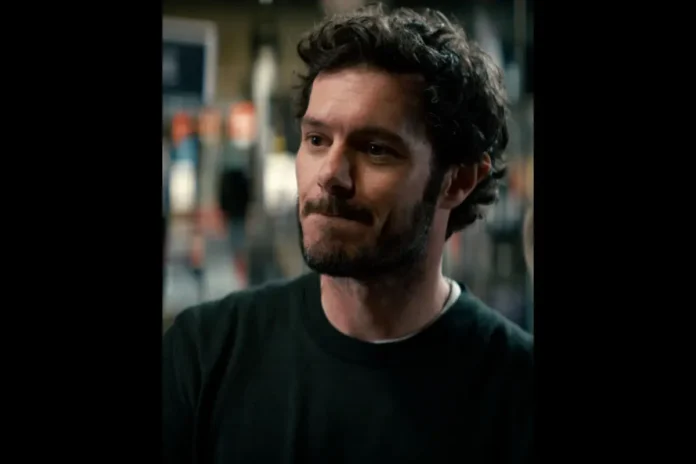Netflix’s romantic comedy Nobody Wants This premiered on September 26, quickly becoming the most-watched English-language show.
This charming 10-episode series, set in Los Angeles, unfolds a familiar narrative: a boy meets a girl. Noah, portrayed by Adam Brody, is a Reform rabbi fresh from a long-term breakup. Joanne, played by Kristen Bell, is a single podcaster unfamiliar with Judaism, having never heard the word “shalom” spoken aloud.
Their on-screen chemistry captivates audiences. Both actors are seasoned performers, with Bell known for roles in The Good Place and as the voice of Gossip Girl. Brody gained fame as Seth Cohen from The OC. Despite Brody’s desire to avoid being typecast as a handsome nice guy, his role in Nobody Wants This has reignited interest among fans old and new.
Fleabag introduced viewers to the Hot Priest; now, Brody plays the Hot Rabbi.
In this era of acceptance, love knows no bounds, save for religious differences. To echo Notting Hill: “She’s just a goy, standing in front of a rabbi, asking him to love her.”
The show has garnered success due to its fun, cute, and surprisingly well-written script.
Erin Foster, the writer, draws from her own life experiences, including her conversion to Judaism before marriage. I binged the entire series in two evenings; it was undeniably compelling. While the plot resembles many romcoms, I found the characters’ agelessness particularly intriguing. Brody and Bell are both in their mid-forties, yet they portray individuals who seem unburdened by the weight of adult responsibilities.
The characters navigate a life free of previous relationships, stepchildren, and financial obligations. They reside in beautiful homes in one of the wealthiest cities, engage in vague professions, and spend an extraordinary amount of time with their parents. This lifestyle contrasts sharply with reality for most people their age.
Aside from Noah’s rabbi duties at a notably progressive temple, the other characters exist in a world where most daily tasks can be completed while lounging on a plush sofa. Marriage is merely a way to meet religious expectations, and even parenting is reduced to casual evening chats about heartbreak.
While I enjoyed Nobody Wants This, I found its portrayal of adulthood confusing.
Is this simply a result of algorithm-driven content designed to appeal to a broad audience? Or does it reflect a cultural shift, where wrinkles, offices, and children seem to fade away? Observing Bell’s youthful appearance, I noted that her concerns about relationships did not include thoughts of starting a family. Instead, she worried about inconsequential matters, such as whether Noah would get along with her similarly unencumbered friends.
Typically, stories about couples in their thirties or older delve into family dynamics or the urgency of starting a family. However, in today’s society, friendships have taken precedence as significant relationship challenges. Fertility rates in wealthy countries have plummeted since 1960, now falling below the “replacement level” of 2.1 children per woman. It’s not that people cannot have children; rather, many simply do not desire them.
We may be transitioning into a cultural phase where elder millennials live as they did in their twenties, only now with more maturity and better furniture.
Modern dating has become transactional, leading to casual relationships rather than committed ones. Even if one doesn’t live with parents, family remains a core aspect of their lives.
Ultimately, this may be Netflix’s idealized version of reality, presenting a beautiful fantasy reminiscent of youthful dreams. Like Noah, it offers an escape into a world where love flourishes against all odds.


